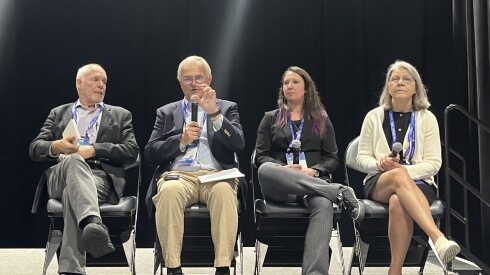Abby Sourwine is a staff writer for the Center for Digital Education. She has a bachelor's degree in journalism from the University of Oregon and worked in local news before joining the e.Republic team. She is currently located in San Diego, California.


















